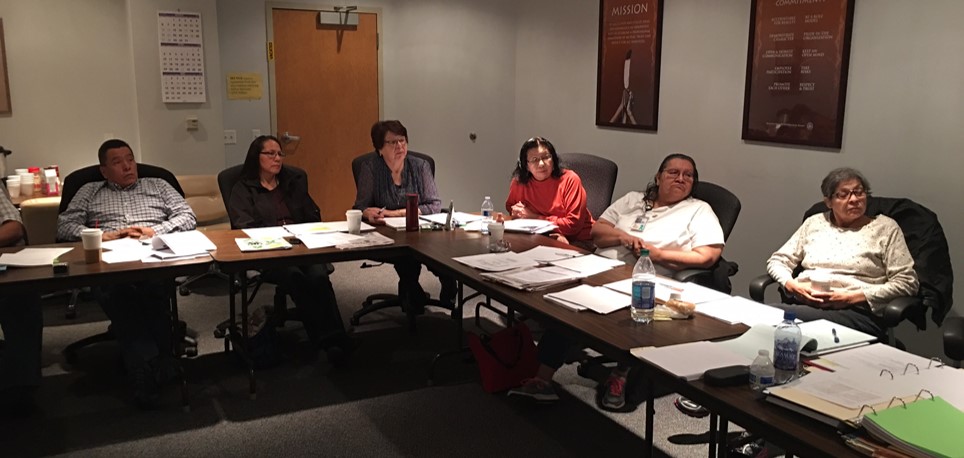Get the bulletin board-ready story, here.
Contract negotiations can be an agonizing experience for many NFFE Locals and Councils, spending months or years battling Agency management over various contract provisions. However, the same cannot be said about the NFFE Indian Health Service (IHS) Council’s recently-bargained Master Contract, in which Union and management negotiators came together in a collaborative manner and negotiated under the premise of interest-based bargaining.
(Interest-based bargaining is when both negotiating parties are able to find mutually-beneficial agreements on disputed contract provisions. Often referred to as a win-win solution)
Articles opened during negotiations included: Performance management appraisal procedures, employee awards, details, overtime, safety and health, and grievance procedures. While many NFFE Locals would find these articles to be painfully contentious issues to negotiate, the NFFE IHS Council concluded the negotiations with amicable agreements on all articles. The newly-negotiated contract is being finalized for submission to the Department of Health and Human Services (HHS) for review.
“We are fortunate that the parties were able to re-negotiate the contract in a collaborative manner, and ultimately achieve successful interest-based bargaining,” said NFFE IHS Council Chief Negotiator Steve Flory. “I am proud that we were able to successfully bring together Union representatives from more than twelve NFFE IHS bargaining units and reach this agreement. We had a strong team of employee-advocates that made sure working conditions for employees were improved upon in this new contract.”
The Indian Health Service (IHS), an agency within the Department of Health and Human Services, is responsible for providing federal health services to American Indians and Alaska Natives. Members of 566 federally recognized American Indian and Alaska Native Tribes and their descendants are eligible for services provided by the IHS. The foundation of the IHS is to uphold the Federal Government’s obligation to promote healthy Indian people, communities, and cultures and to honor and protect the inherent sovereign rights of Tribes.
The NFFE Indian Health Service Council represents federal employees in hospitals, clinics and offices throughout Montana and Wyoming. The Billings Area Indian Health Service provides Public Health, Environmental Health, Health care services and community-based disease prevention services to more than 70,000 American Indian and Alaska Native people in Montana and Wyoming.

L to R: Verle Follette (Local 2171); Henrietta Whiteman, Negotiator (Local 478); Linda Hirst, Council Vice President (Local 478); Mary Wall, Council S/T (Local 478); Ruth Costilla (Local 1801); and Thelma Engavo (Local 478) participate in a union caucus during contract negotiations.


